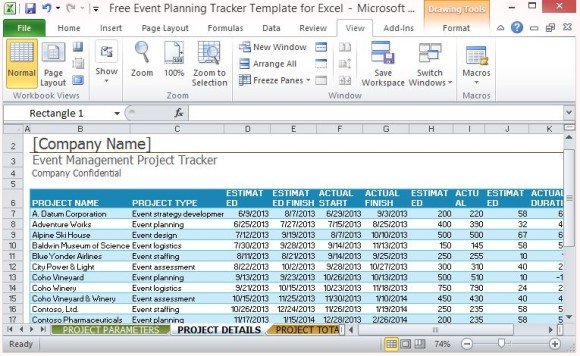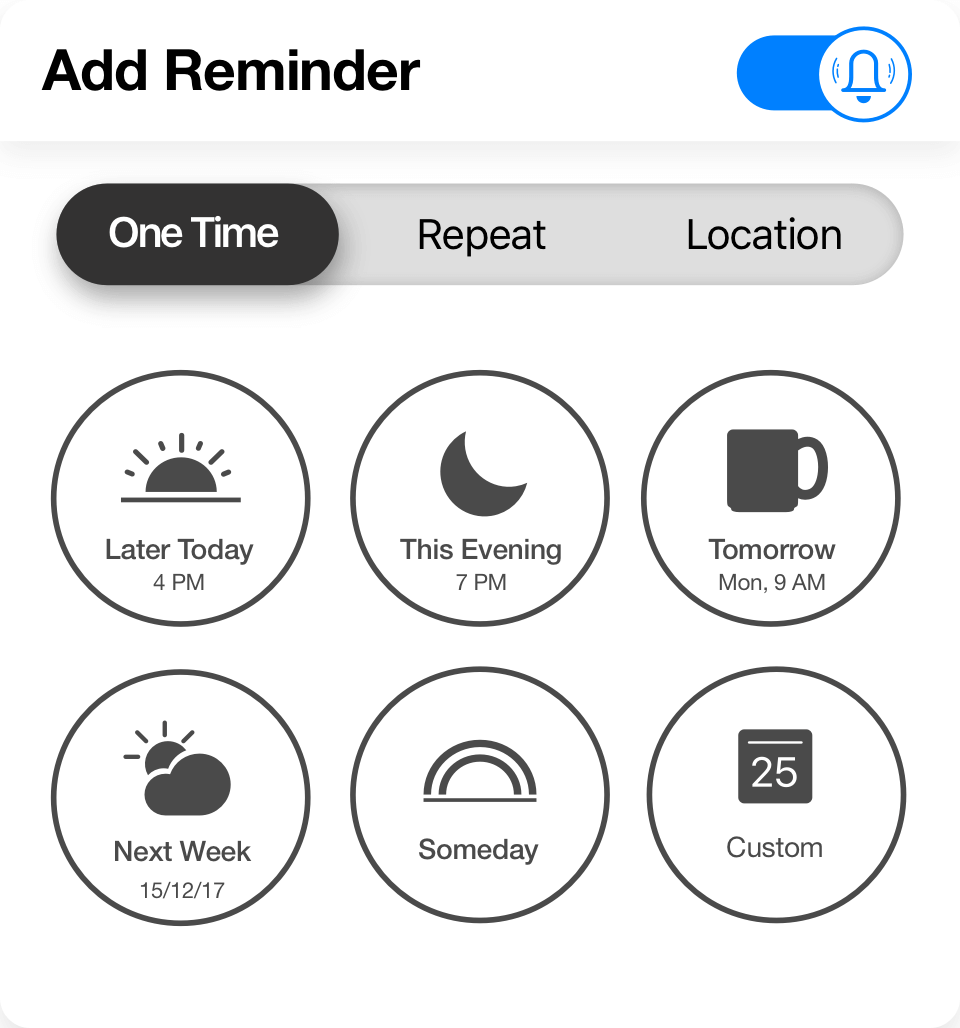
Only available on Mac. The key differentiator for this task-tracking software is that you can select a core focus for each day. Things lay on a small layer of project management that has sections on comments, tasks, and subtasks. Extensive Site Plan and Landscape Symbol Library You get thousands of ready-made symbols and shapes for professional site plans and landscapes. You can drag-and-drop building, shrubs, grasses, sprinkler systems, groundcover and apply brick patterns and even photo-realistic textures! Free Wedding and Event Planning Software. The most important thing when planning a wedding (or any event) is to be organized; The best way to organize is with Seating Arrangement. Whether you're a bride planning your own wedding day, or a professional with years of experience planning weddings and special events - Seating Arrangement can help! Planning Pod is all-in-one online event management software that streamlines event planning, registration / ticketing & venue management.

Jeff Kear · Owner, Planning Pod
How to choose the best event planning software for you

Whether you are a professional event manager or the de facto event organizer slash master-of-ceremonies for your organization or department, web-based event management software can greatly reduce effort and create efficiencies in how you manage your events.
So what is event management software? Generally, the main benefits of online event software include the ability to:
- Centralize all your event details in one place where they are easy to find and organize.
- Have an all-in-one complete solution that integrates a bundle of tools designed specifically for managing events (vs. managing multiple spreadsheets or generic single-task apps).
- Save massive amounts of time by automating your processes and making them easily replicated.
- Simplify how you coordinate with your team, including managing event vendors, co-workers, stakeholders, clients, contractors, volunteers, committees, sponsors, exhibitors and anyone else involved with managing your events.
- Consolidate event communications so all your sent and received emails are in one convenient place for you and your team to track and review.
- Streamline the attendee experience via things like online event registration and ticketing, event websites and webpages and attendee communications.
- Minimize duplication of efforts (like recreating the same budget, timeline or task list over and over again) as well as avoid double-entering data (because ideally all the tools work together and share information).
- Save you money from having to invest in multiple applications and from avoiding costly mistakes.
- Save your job and/or your bacon because you and your team aren’t missing deadlines, losing files or notes and crossing your wires.
With that said, not all event management software systems are identical or even include the same tools or have the same focus.
In fact, there are specific categories of functionality you should be aware of when you want to review and compare event management tools and apps, and these are detailed below.
Event productivity and project management
Many event planning software programs include project planning tools for managing tasks, calendars, logistics, timelines, itineraries and files. These types of tools are focused on improving organization and coordination capabilities of you and your team.
Event communications
There's nothing worse than trying to manage your event communications with emails scattered throughout your inbox and across the inboxes of all your team members. A program that consolidates these communciations into one collective inbox and integrates with your existing email addresses gives you the power to see all your event-related emails in one place.
Event design
One big objective of many event coordinators is to formulate a plan for how the event is set up and flows to provide an optimal experience for attendees as well as exhibitors, vendors and staff. So if this is a priority, you should look for event room layout and floor plan tools, many of which utilize drag-and-drop technology and allow for assigned seating of guests.
Event registration and ticketing
These tools come in many shapes and sizes with many different feature sets and fee structures. At minimum, you should expect the ability to create free or paid tickets, set ticket schedules, create custom online registration or RSVP forms and collect payments electronically plus detailed reporting on attendee details and sales.
Event marketing
Some event management software companies focus on tools specifically for marketing events to attendees, sponsors and exhibitors. This can include functionality for building event websites, bulk/mass emailing capabilities and creating a listing in online event directories, and all this often integrates with registration features.
Event booking management
Tracking event bookings and client bookings is often a feature sought out by event planner solopreneurs, event planning firms and event venues that wish to have an automated way to manage their event businesses and avoid double-booking time slots.
Free Event Management Software
Attendee engagement and experience
Free Event Planning Software For Mac Windows 7
Recent years have seen an increase in companies providing event apps and tools to enhance the attendee experience. These apps can include searchable electronic attendee directories; social media-like tools and integrations to facilitate attendee interaction and networking; customizable event schedules; interactive event maps; and live polling and survey tools.
Meeting management
Managing meetings, conferences and conventions often have their own unique set of challenges and require very specialized tools for handling things like venue management (which can include room booking and blocks), attendee travel, exhibitors, sponsors, vendors, RFPs, shipping and much more.

Resource management
'Resources' can mean a variety of things regarding events, from human resources like vendors and contractors to physical resources like venues and equipment. Some event management solutions offer inventory management so you can track resource allocation across events and things like breakage or cleaning/laundering.

So how do you choose which event planning software is right for you? It boils down to 4 easy steps.
- Make a list of all the details and areas of your event that you are already managing with existing tools and apps.
- Make a second list of all the additional things you need to manage and/or accomplish that your existing tools/resources don’t do or don’t do very well.
- Combine those lists into one big 'needs' spreadsheet; put the needs in rows; and arrange the needs into three categories: must-have, nice-to-have and over-and-above.
- In your spreadsheet, create columns for each piece of event management software you are evaluating so that when you are reading up on them you can check off whether it meets your criteria or not.
This may take a little time, but once you have done this, you will have a clear picture of which event management apps will meet your needs better and can make a more informed decision that you won’t regret down the road.